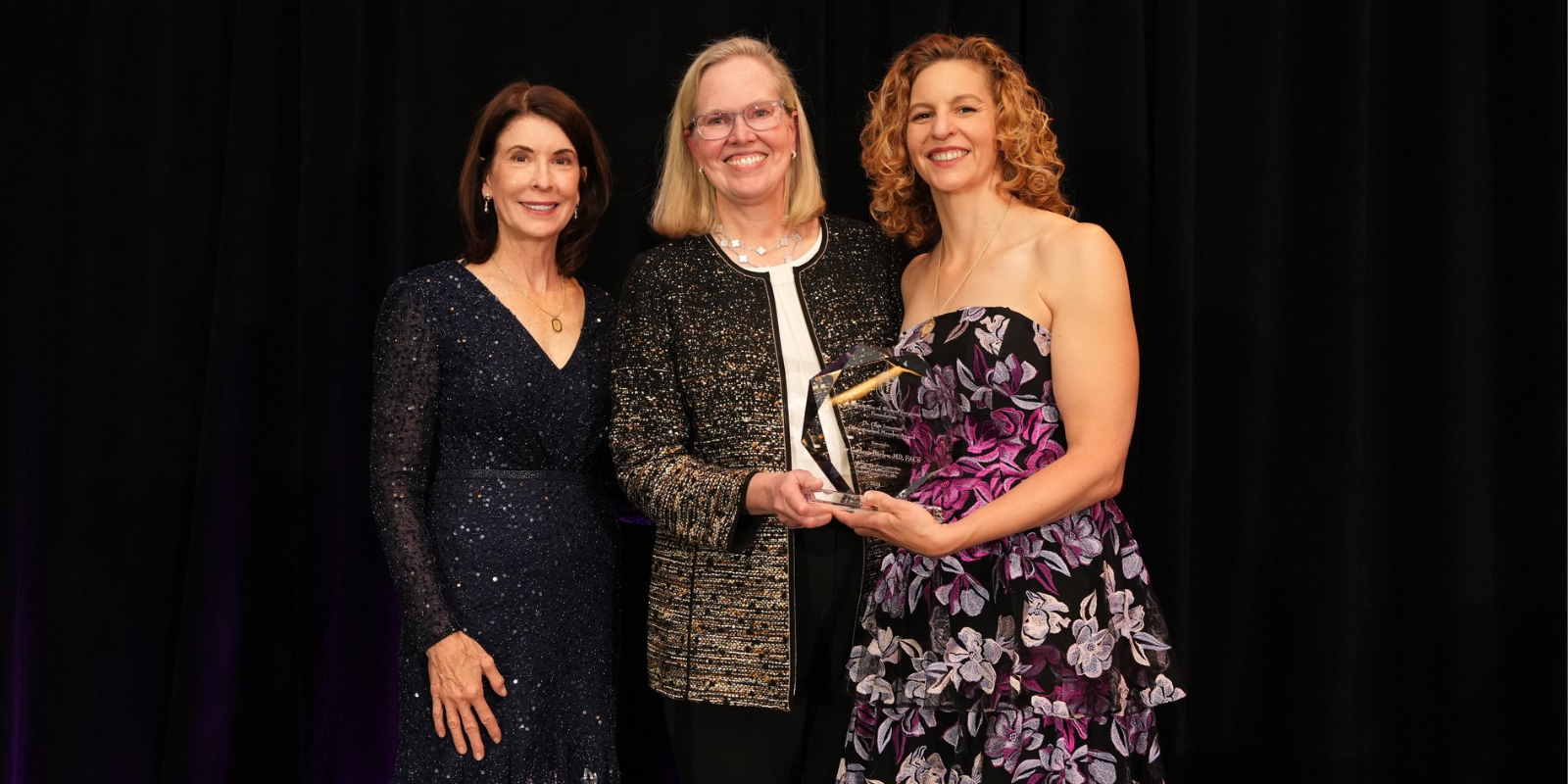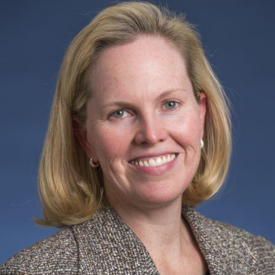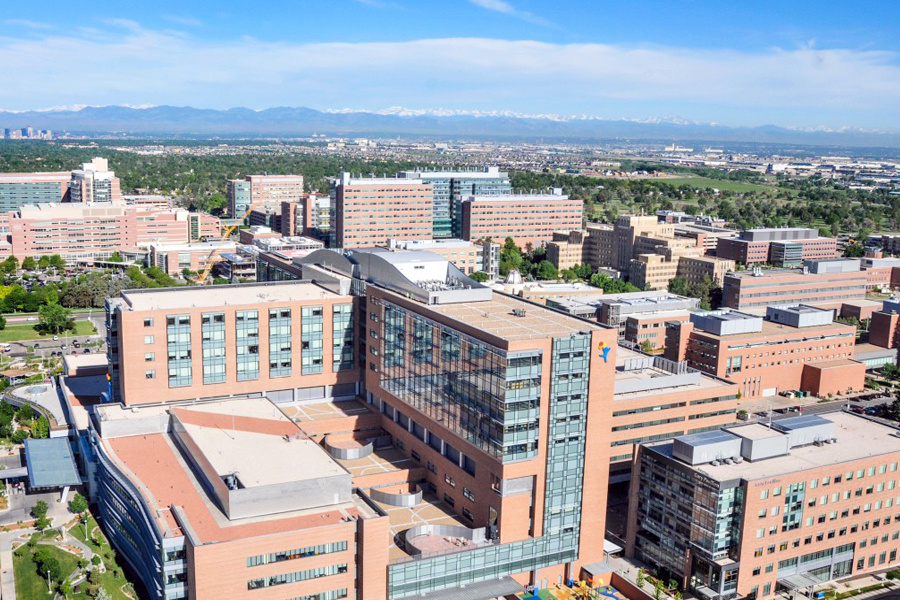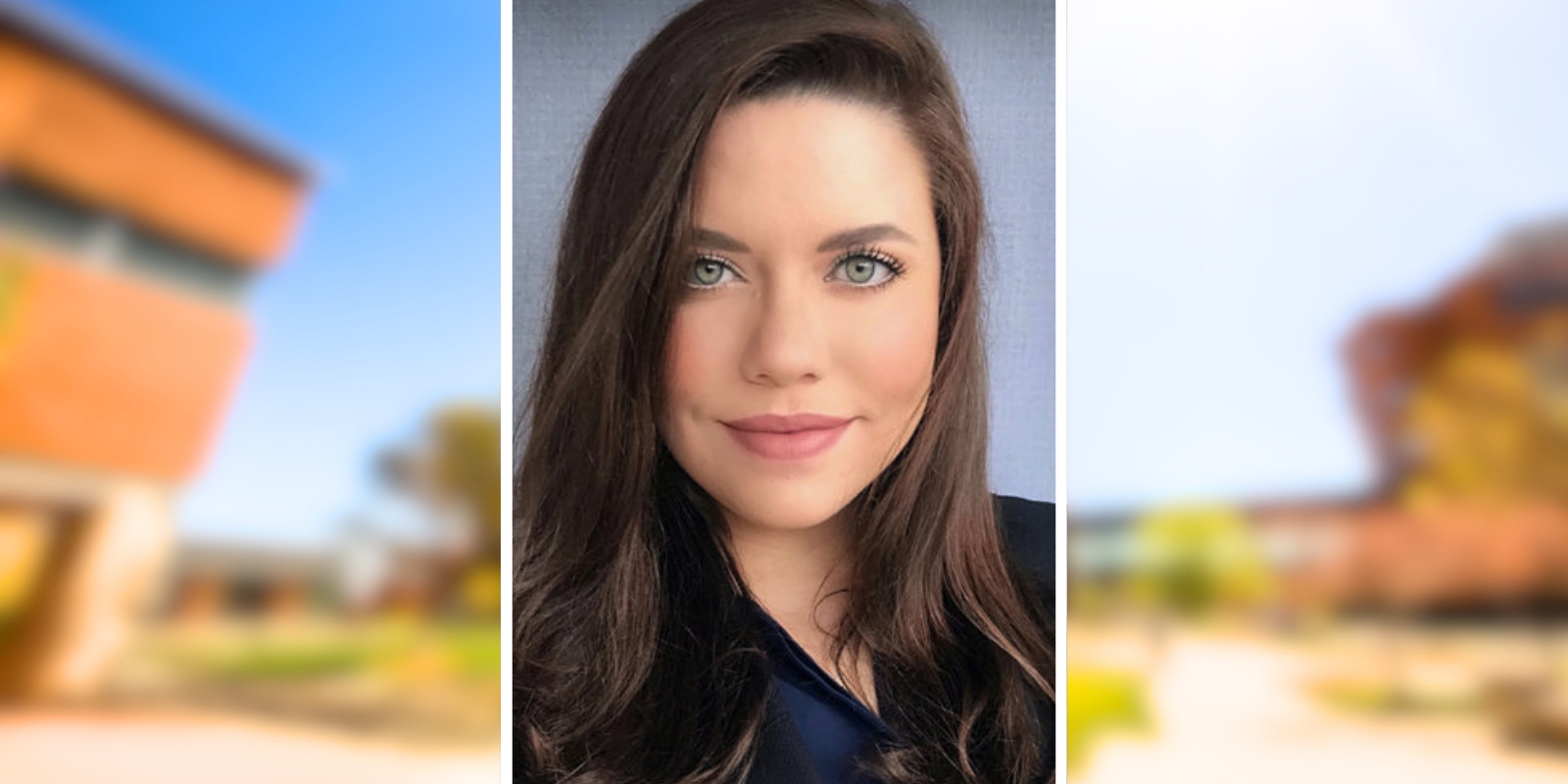How does it feel to receive an honor like this, especially one that’s focused on mentorship?
It’s a huge honor. It comes from an incredible group that advocates for women, mentors women, and supports women. I work in the trauma realm, but this is bigger than just the trauma realm. It’s a much larger group of accomplished female surgeons, so it’s very touching.
How important has mentorship been for you in your career, whether it’s receiving mentorship or mentoring others?
Mentorship is the backbone of why all of us, to some degree, are interested in academics and academic surgery. One of the great things about surgical education is that day to day, you get to see the impact of your teachings on others around you. Often, when I see one of my trainees accomplish something, I will call one of my national mentors and say thank you, because I wouldn't be standing here without their guidance and support.
You have been a practicing physician for almost 30 years at the University of Colorado School of Medicine. How have you seen things change for women surgeons over that time?
There has been a wonderful evolution. I recall when, as a resident, I could look around a room at a national meeting and count the number of women on one or two hands. To now see women in all phases of their training and of their lives flourishing and feeling supported in this realm — it’s terrific to see what has happened in the past 30 years.
You did your general surgery residency in the CU Department of Surgery before doing a surgical critical care fellowship here as well. What drew you to that specialty?
Back then, women were counseled differently about what they could choose in their careers. I actually was headed in a different direction, and it wasn't until I was a chief resident that one of my former mentors said, “You need to stop thinking you're going to do this specialty, and you should really fess up that what you love to do is trauma surgery.” It took someone else to get me to say, “This may not seem like a classic choice, but it’s what I’m drawn to.”
What do you like about trauma surgery?
I love the quick decision making, often with incomplete data. I love the importance of teamwork, of orchestrating your team in a way that results in a successful patient outcome. I love the technical expertise that is required, often in a rapid-fire situation. And I love the complexity of critical care and the minute-to-minute decisions that can have a profound impact.
What drew you to the world of medicine initially?
I had a general interest in science, and then when I was 6 years old, a friend suffered an injury. I was fascinated with, “How can I help fix this?” I wasn’t passing out at the sight of blood; I was saying, “Oh look, that’s so cool, the bone is sticking out!” My parents would say that was the moment they knew I would become a trauma surgeon.
Featured image: Clay Cothren Burlew, MD, FACS, is standing with AWS Foundation Chair Dr. Nancy Gantt, MD, FACS, and AWS Immediate Past President Kandace McGuire, MD. Photo courtesy of Oscar & Associates and Association of Women Surgeons Foundation.






